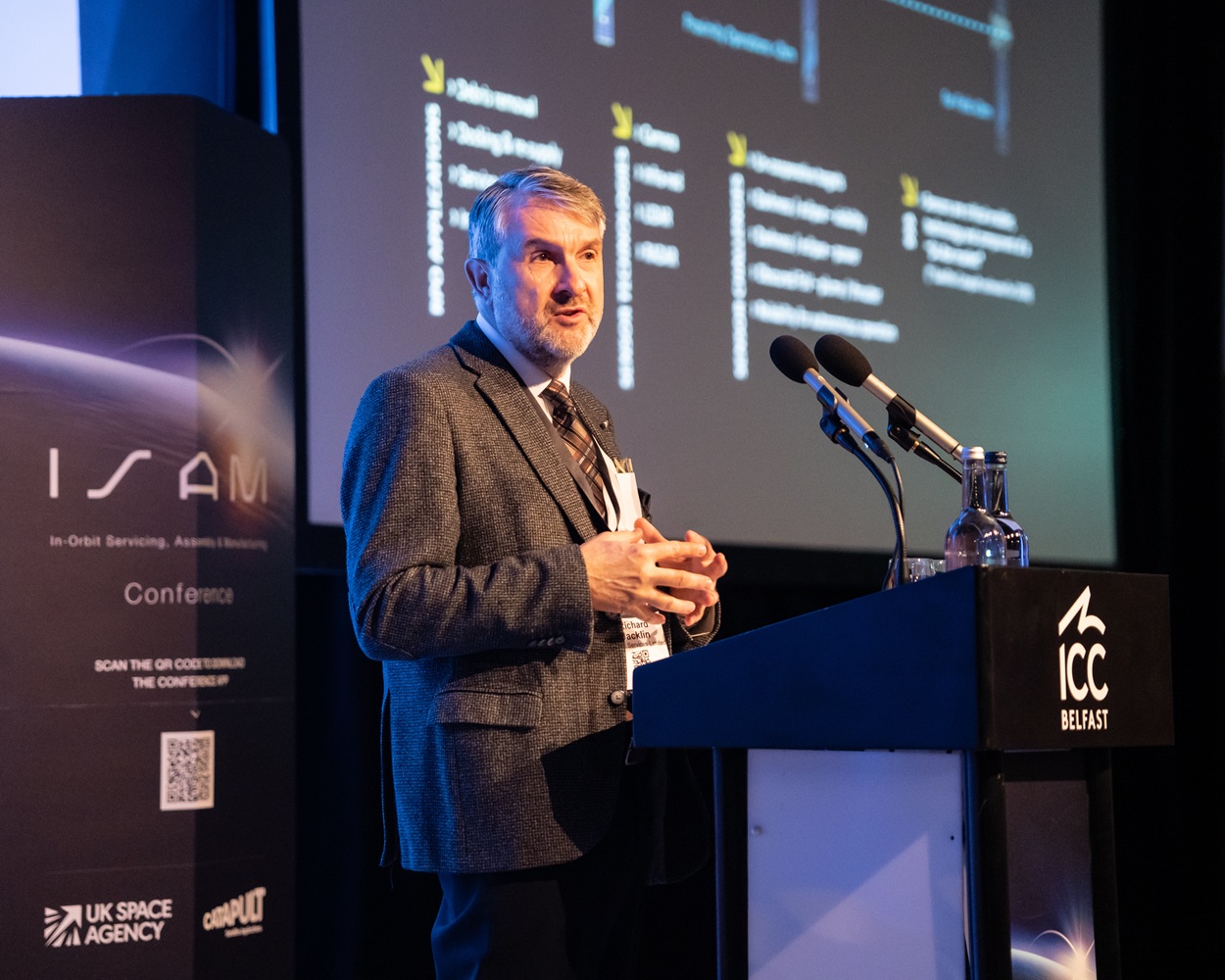Digital engineering key to sustainable aviation
When the Prime Minister included the goal of achieving a net zero aviation industry by 2050 in his 10-point plan for a green industrial revolution, critics were quick to comment. Some viewed the Jet Zero Council (JZC) - a partnership between industry and government to create new ways to cut aviation emissions - as a gimmick and claimed technology alone cannot solve the impact of global aviation on the climate. However, the sector’s exceptional track record in innovation suggests otherwise.
Digital engineering is the fastest route to greener flying. Digitisation is transforming aerospace development work patterns, enabling new design methods, processes and thinking that will result in putting environmentally friendly aircraft into the skies faster. Technology advances have enabled our team to apply digital tools, such as design optioneering which is traditionally used at component level design, to rapidly assess options for whole aircraft.
As an example of digital engineering working to reduce an aircraft’s environmental impact, our team experimented with the design of a light utility passenger aircraft to compare the performance of new designs against the original. By automating the conceptual design process and using our high-performance compute facility, tens of thousands of different designs could be created and evaluated very quickly.
We have used several conventional digital methods to improve the existing design, from Computational Fluid Dynamics (CFD) to reduce the aircraft drag and optimise the existing wing profile, to Finite Element Analysis (FEA) to model the structural loads and stress. To improve engineering productivity the team used the results to train an artificial intelligence system to obtain optimised aerodynamic solutions in a shorter timescale and with considerably less computational resources.
As a result, our engineers have significantly improved the aerodynamic performance of the aircraft’s aerofoil, which would have a beneficial impact on reducing emissions.
The benefits of digital engineering do not stop at the design stage. They can also be applied to improve aircraft manufacture by integrating real-world data from Industry 4.0 systems to create smarter production facilities which can build more quickly and with less waste.
Digital engineering in all its forms, from design optioneering and artificial intelligence to multi-objective optimisation and intelligent manufacturing, gives the aerospace industry a real opportunity to accelerate development cycles and make net-zero aviation a reality more quickly.














